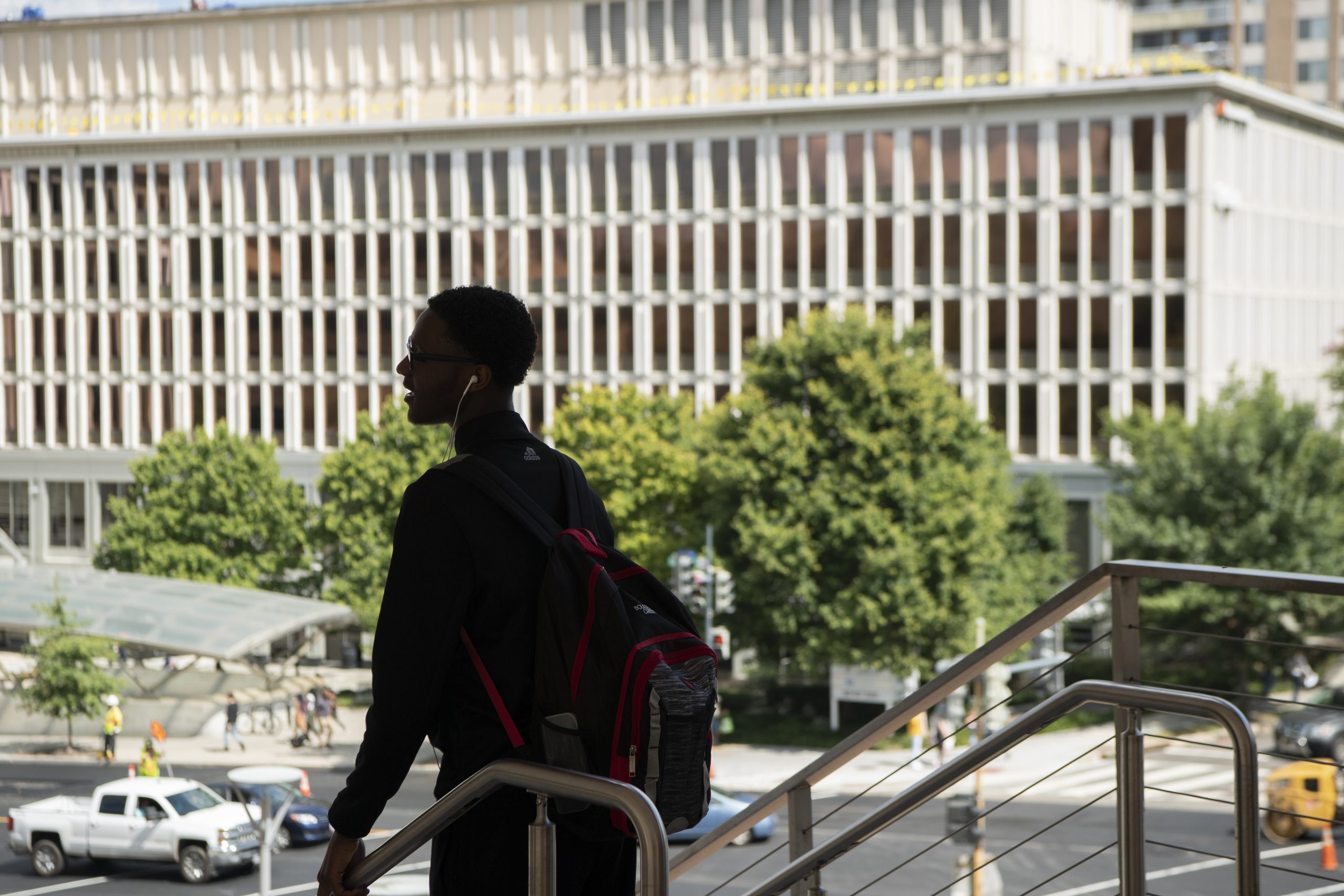Overview of US Health Care
Health insurance in the United States is complicated—for citizens and non-citizens alike—but the staff at University Health Services are available to help. Here, we provide answers to common questions about health insurance in the United States.
We want you to feel comfortable accessing care when you need it and making health care choices that are right for you. We hope this introduction to the way health care works in the U.S. will help.
How Medicine is Practiced
The focus of medicine in the United States is on identifying the biomedical cause of health problems. Health care providers use the results of medical tests (e.g. laboratory, x-ray) and your description of the symptoms to identify the cause of your health problem. Once a diagnosis is made (often through a process of ruling out other causes), a treatment is prescribed to address the problem area.
Prevention First
Preventive care involves taking certain precautions to protect your well-being through healthy practices like exercise, diet, sleep, routine screening for certain illnesses or conditions, personal hygiene, immunizations, public sanitation, and other health promotion practices.
For most illnesses and injuries the sooner you receive health care after noticing symptoms of illness, the more quickly you can recover; and the less likely you will be to develop complications or more severe health conditions.
Levels of Care
In the US, there are several levels of health care available for your assistance, depending upon the nature and severity of your health concern or problem, these include:
- Primary Care: For most illnesses, injuries and preventive health care, people usually go first to their primary care provider. For students at UDC, University Health Services is your primary care provider for medical needs for students with the university-sponsored health insurance plan. University Health Services provides many of the same services that a health practitioner or family doctor in your home country offered. We provide services to all students regardless of their type of insurance plan for most acute and urgent care services at no cost. Our Counseling Center is available to meet students’ mental health needs at no cost.
- Specialized Care: University Health Services provides very limited specialty medical services on campus (sexual health care, laboratory, allergy shots (if medication ordered and supplied by your physician), and pharmacy); helps you access specialists (such as dermatologists, obstetricians, orthopedic physicians) and resources in the community when you require this level of health care.
- After-hours Urgent Care: When urgent health concerns arise after University Health Services’ regular working hours, students may contact local urgent care centers in the community for consultation and care. Learn about the Convenient Care at Unity Health Care, a local walk-in clinic that provides outpatient care for illnesses and injuries for people in the DC area, including students and their families.
- Emergency Care: For life-threatening health problems (such as heart attack, serious traumatic injuries, breathing problems, high fever, serious burns, or alcohol poisoning), you can go directly to the Emergency Department or Call 911. An ambulance should only be used when emergency medical procedures may be required in route to the hospital. The fee charged for an ambulance may be several hundred dollars, and will be covered by health insurance only for a serious health problem. For urgent, but non-life-threatening health problems, there are less expensive forms of transportation available if you do not have access to a car. If you are on campus and after health services regular working hours please contact the Office of Campus Safety at 202-274-5050.
- Hospitalization: Many local medical centers in the area offer a variety of inpatient and outpatient services including: surgery; behavioral health (mental health) services; child birth options, comfort management for mothers and new babies; pediatric care for sick children; and a medical rehabilitation unit for people recovering from major trauma, head injury, and stroke.
The Cost of Health Care
Unlike countries with nationalized health care, fees are charged for all health services in the U.S. Generally speaking, the most reasonable or least expensive way to receive high quality health care is through your primary health care provider or University Health Services on campus. The cost of health care provided at each level up from that increases incrementally with “emergency care and hospital care” being the most costly. Having health insurance is essential for students, their spouses/partners, and their children to help cover these costs and to protect your financial security. For more information, see “Health Insurance in the U.S.” above.






